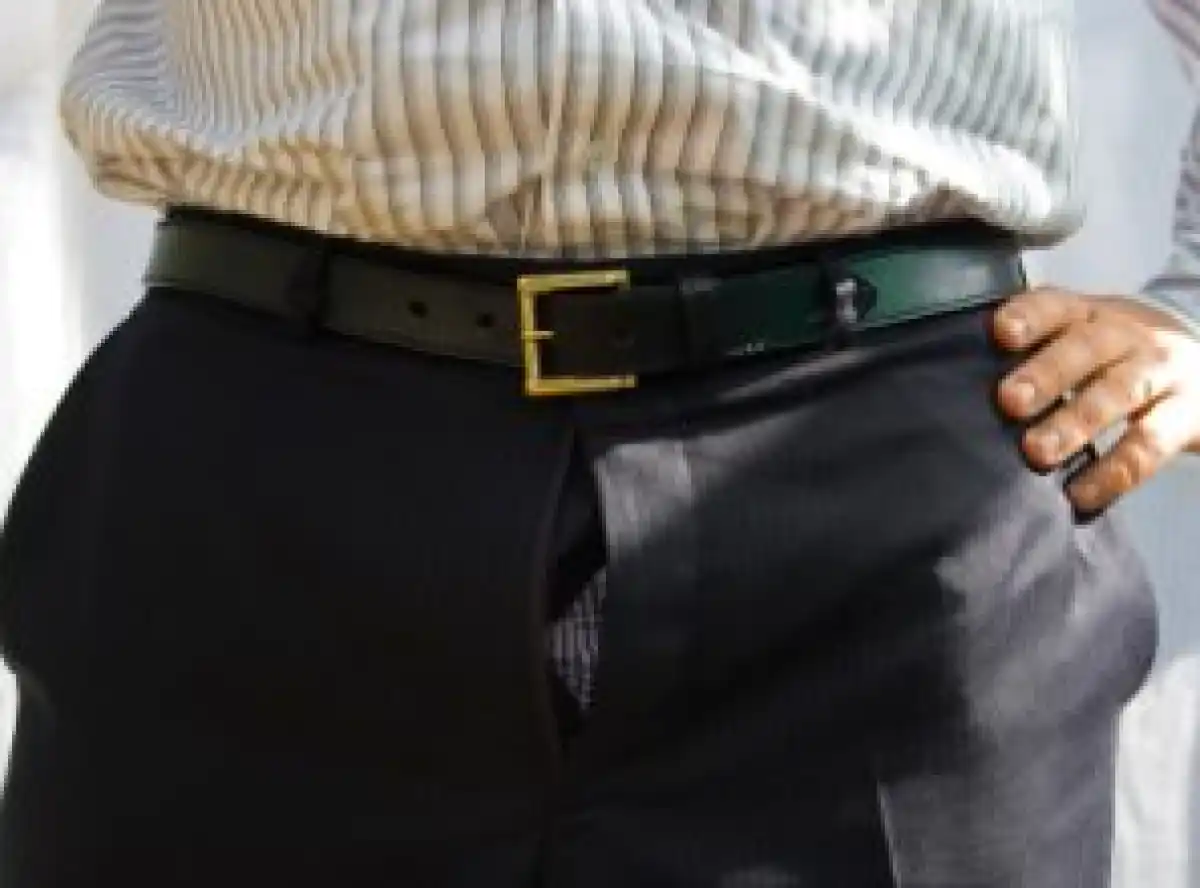
The governing Tonse Alliance headed by President Lazarus Chakwera and Vice-President Saulos Chilima brought together two political giants following the annulment of Peter Mutharika’s narrow re-election in 2019.
It looked easy for the two to work together after their joint court battle against a common enemy—Mutharika of the Democratic Progressive Party (DPP). The Tonse Alliance was ostensibly built on a promise of shared power and decision-making, according to a leaked agreement.
The political pact was a commitment to Malawians, who voted for the coalition.
The nation was told Chakwera’s Malawi Congress Party (MCP) and Chilima’s UTM Party mandated their presidents to strike an agreement on their behalf.
However, since their ascendency, only UTM members talk about the contents of the secret pact, including rotational presidency.
From the days of their joint campaign, Chilima himself has repeatedly talked about succeeding Chakwera in 2025.
To the contrary, MCP gurus feign ignorance of rotational presidency clause, endorsing Chakwera’s re-election agenda.
Surprisingly, Chakwera has never refuted nor confirmed agreeing to cede power to the Vice-President after five years in power.
His silence raises anxiety, skepticism and questions among the citizenry, particularly UTM and MCP supporters.
As Chilima talks about it publicly, it is important for Chakwera to break the silence 15 months to the next poll.
Recently, the President indicated that he would contest again in 2025.
However, he has a moral obligation to the electorate to be transparent and accountable in his governance.
This includes revealing the contents of the Tonse Alliance agreement, which swayed Malawians to elect him.
The document has a bearing on the country’s governance and future.
By making this agreement public, Chakwera will demonstrate his commitment to transparency and accountability.
Transparency strengthens political institutions by promoting a culture of openness and accountability.
In disclosing the agreement, the President will show the nation that he truly stands by his campaign promises of transparency and accountability.
This will uphold the integrity of his political office.
When political leaders are transparent, they set a precedent for future leaders and demonstrate that they are committed to good governance.
This builds public trust in government and promotes political stability.
Publicising the Tonse agreement would allow citizens to participate in informed debates about the country’s future.
Informed citizens can hold their leaders accountable and make evidence-based decisions at the ballot box.
This is essential for a healthy democracy.
President Chakwera has a responsibility to foster this environment.
Speaking now about the pact will clear misunderstandings and speculation that he is violating the agreement.
Politically, coming clear on the agreement now will help concerned political parties to strategise for the fast-approaching general elections.
This would lift the lid over the secretly guarded agreement.
When information is withheld, people often fill the void with speculation that fuel misinformation and mistrust.
By showing that he has nothing to hide, Chakwera can put the raging speculation to rest.
His silence is unhealthy in the prevailing democratic era where access to information is the vital right that enables everyone to enjoy other freedoms.
The President should remember that the agreement does not only affect the two individuals and their supporters, but all Malawians who they govern based on the trust voters had in the Tonse Alliance.
Chakwera and Chilima touted this agreement to every corner of the country as a vision for a better Malawi for everyone.
Demystifying its tenets and future is crucial to every Malawian, including voters and other alliance partners.
The Tonse agreement is a matter of public interest because it directly affects the governance and future of the nation. Citizens have a right to know the details of the agreement that shapes the country’s policies and decisions. It is unfair to Malawians for the President and his allies to keep it under lock and key.


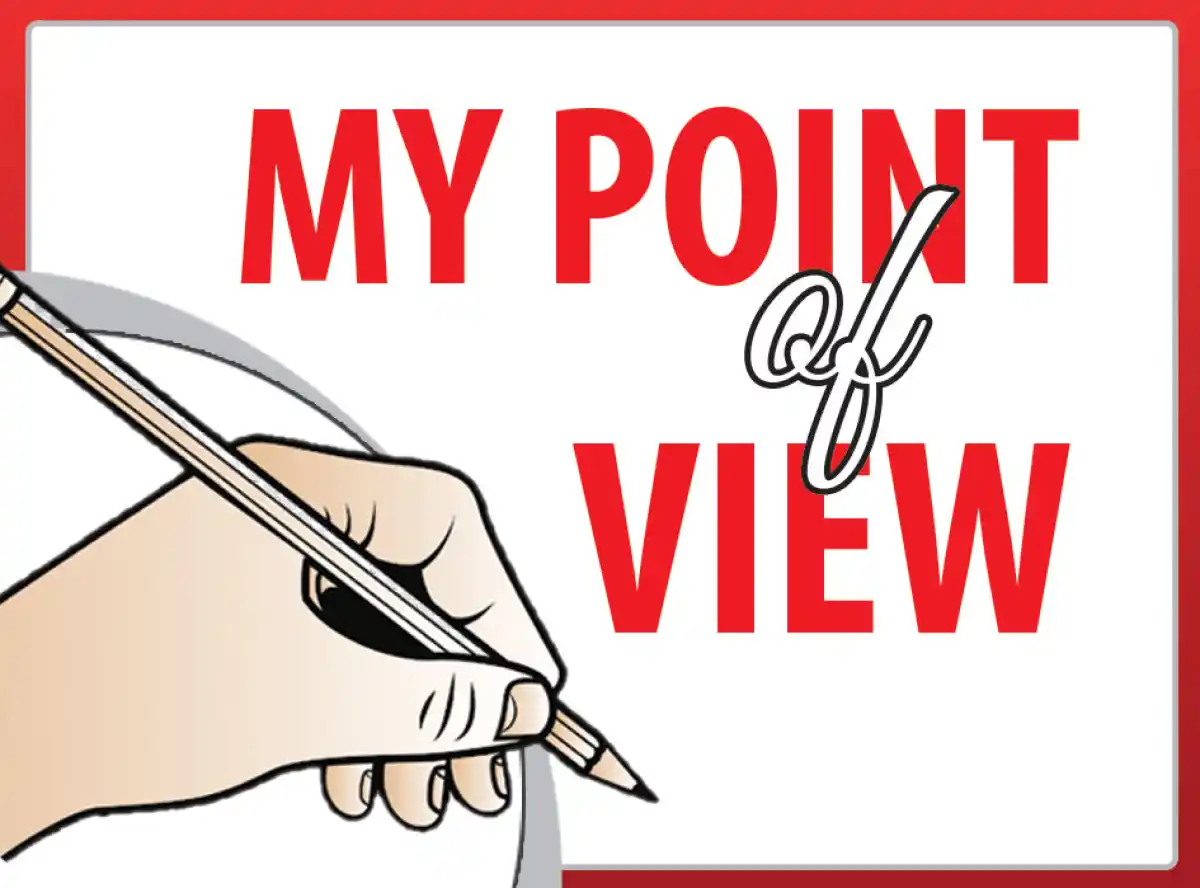

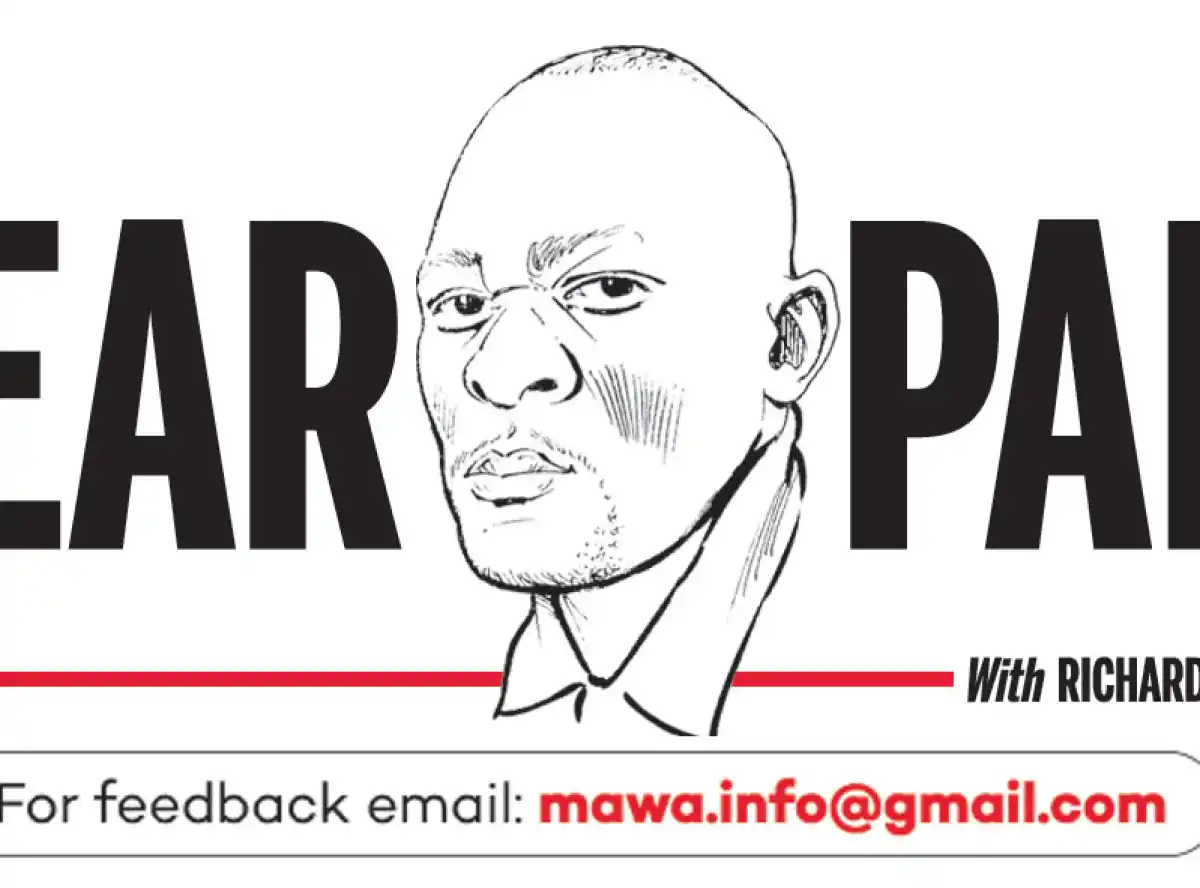
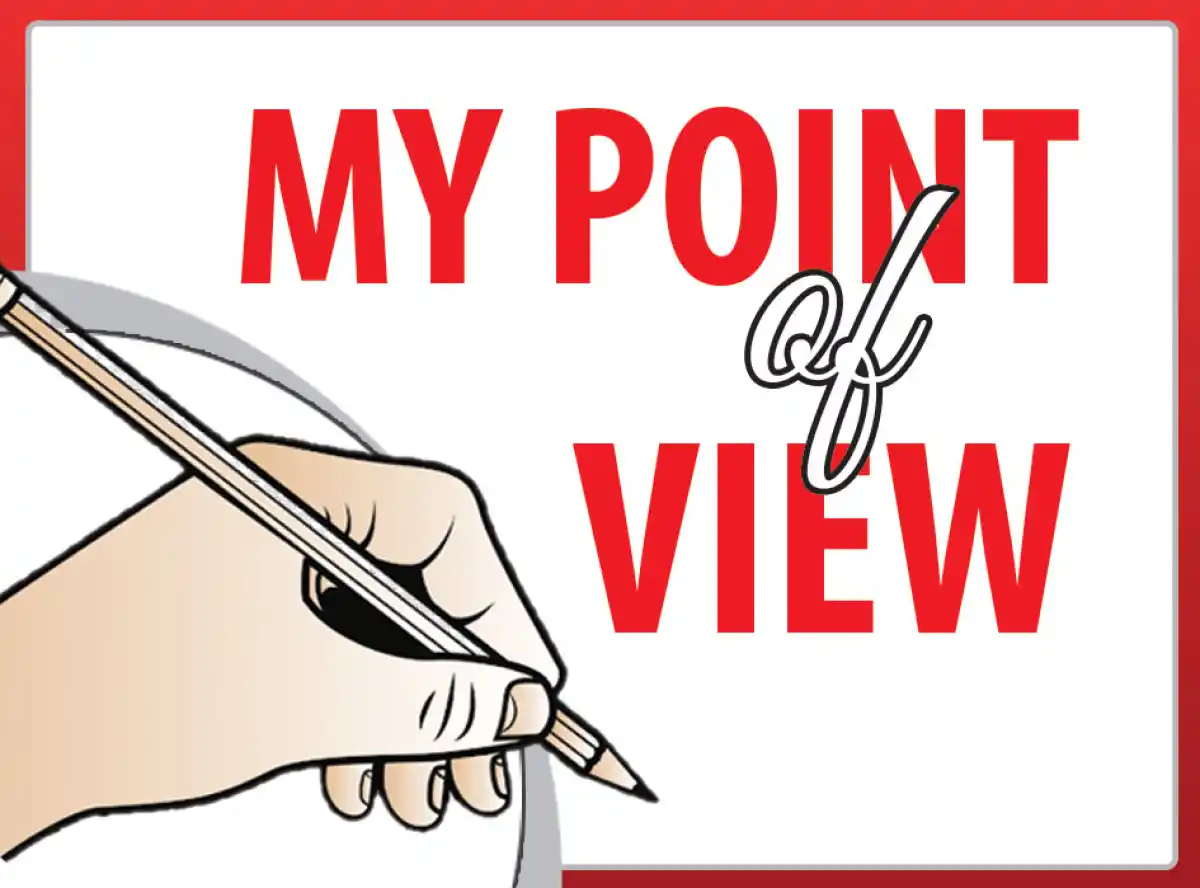
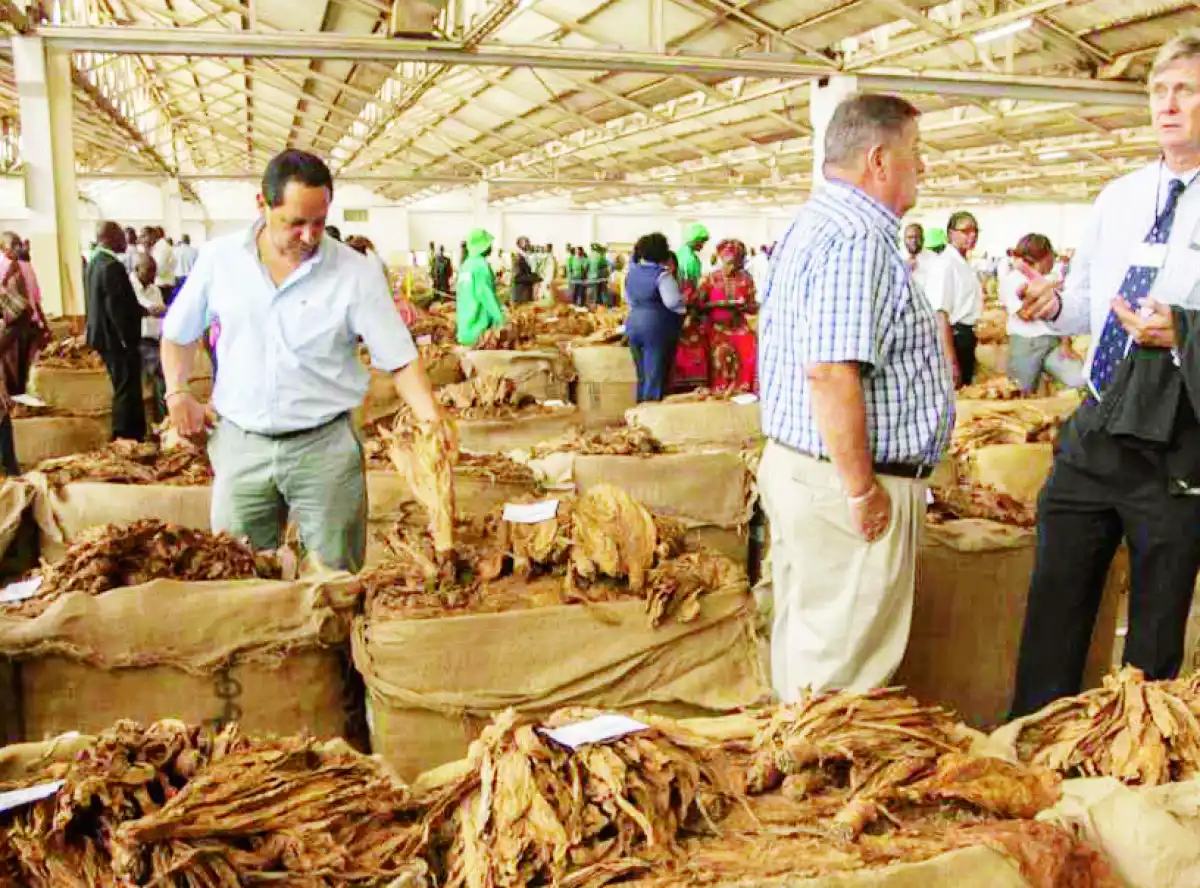

0 Comments